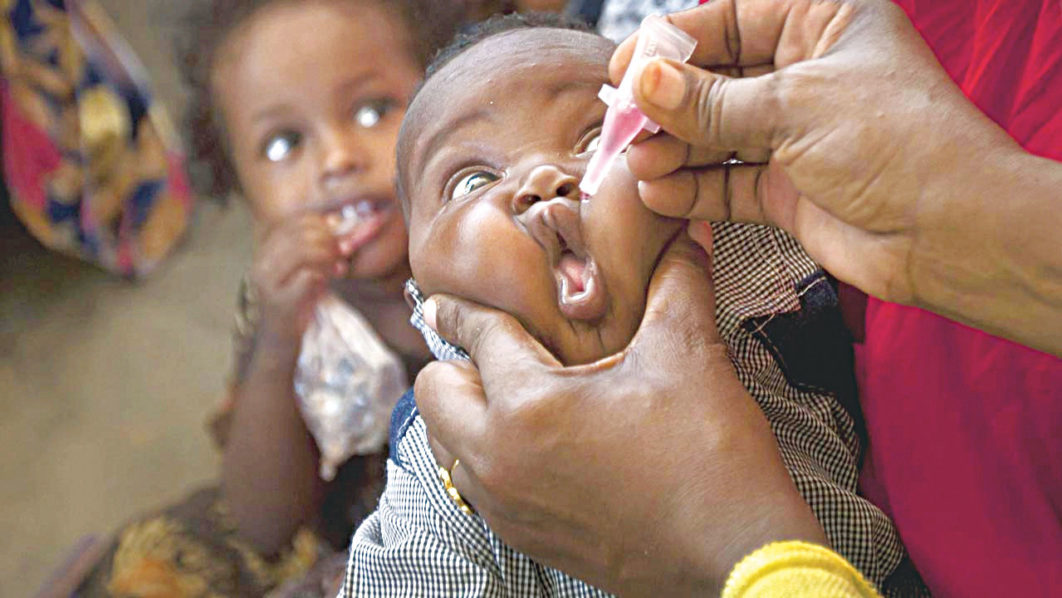
Philip Yatai
Alhaji Falke Anama, Village Head of Mahuta, Fakai Local Government Area of Kebbi says maternal and child deaths has reduced in the area in the last three years.
Anama said that this was achieved through the introduction of UNICEF and European Union – Maternal, Newborn, Child Health and Nutrition Project in 2016.
He told News Agency of Nigeria (NAN) during an assessment of the impact of the project on Thursday, that the intervention was a ‘life saver’ to members of the community.
Anama said records showed the decline of deaths among pregnant women and children under five years in the community.
“The number of maternal and child mortality was between 10 and 15 every quarter in this community prior to the UNICEF and EU-MNCHN project.
“But the deaths of pregnant women have drastically reduced from three between January and March to two between April and June 2019 and further declined to one from July to date.
“Similarly, the number of deaths among children under five years had equally continued to decline from an average of 10 to between one and five in a quarter.
“For example, in 2019 the number reduced from five in the first quarter of 2019 to three in the second quarter and down to two in the third quarter,” he said.
According to him, the decline was as a result of the increase in the proportion of poor, marginalised, rural women and children under-five years accessing high impact health and nutrition intervention.
He explained the EU-MNCHN project have improved the quality of health services and strengthened community structures that increased demand for health and nutrition services.
He added that trained Traditional Birth Attendants (TBAs) in the community were mobilising community members to access health, immunisation and birth registration among other services.
One of the TBAs, Mrs Fatima Nakaulaha, told NAN that they were moving from house to house, sensitising and linking pregnant women, parents and care givers to health facilities.
“We go as far as talking to husbands on the need to allow their wives access health services, particularly pregnant women and mothers of children under five years.
“We do not only refer them to health facilities, we equally track defaulters to ensure that no one is left behind,” she said.
The MNCHN Coordinator in the area, Mrs Balkisu Usman, said that the TBAs have improved antenatal care attendance, immunisation and other crucial health and nutrition services.
Similarly, the Nutrition Focal Person of the area, Mrs Aisha Mijinyawa, commended UNICEF and EU for supporting nutrition intervention to check malnutrition in the area.
She said: “The EU-MNCHN project is supporting us in both preventive and curative nutrition interventions through infant and young child feeding counselling, provision of Micro-Nutrients Powder and community management of acute malnutrition.”
